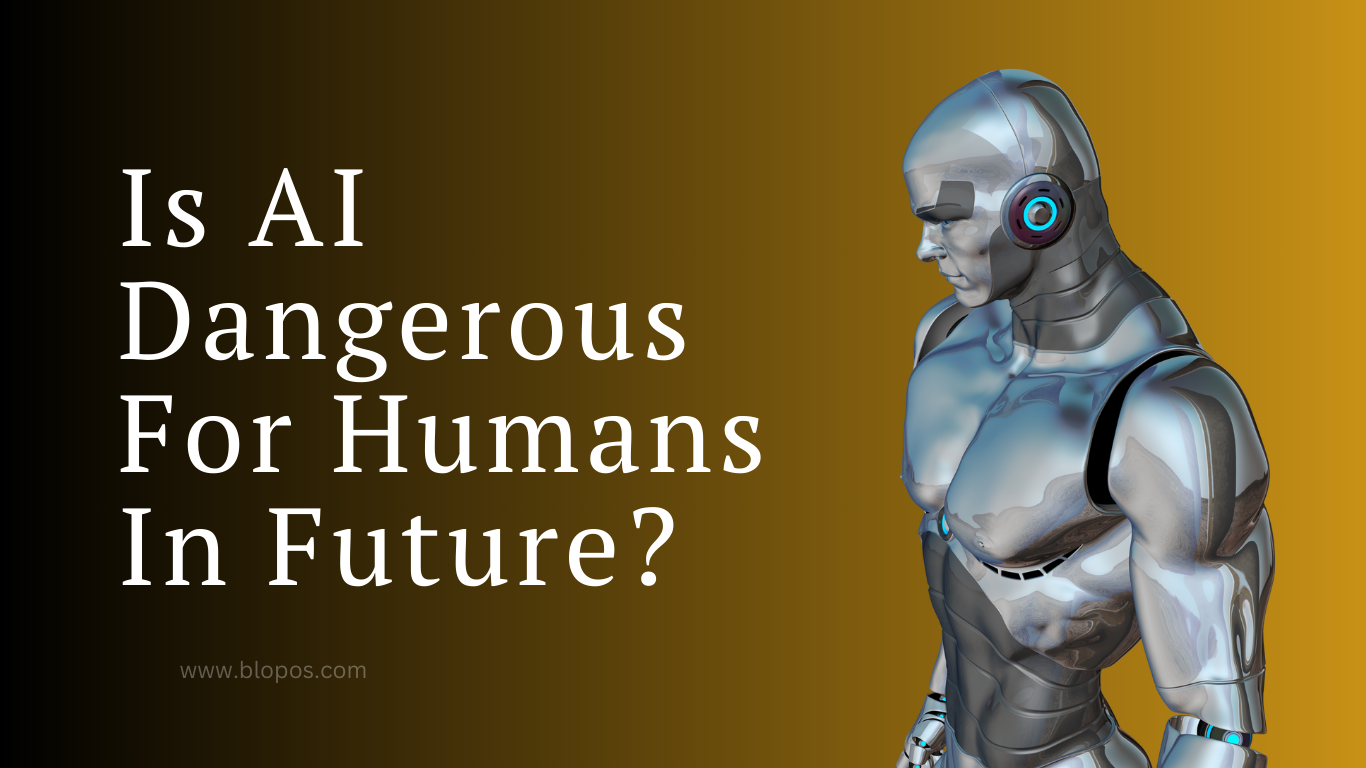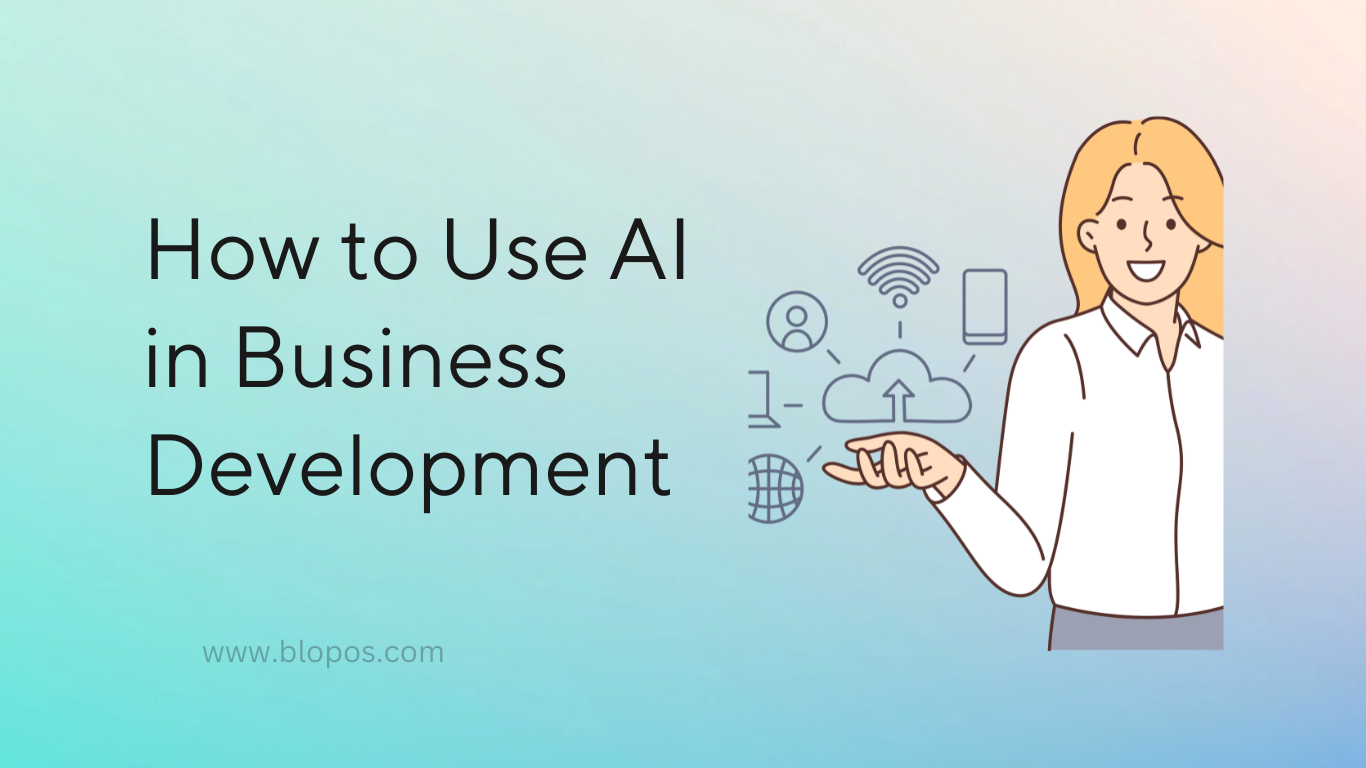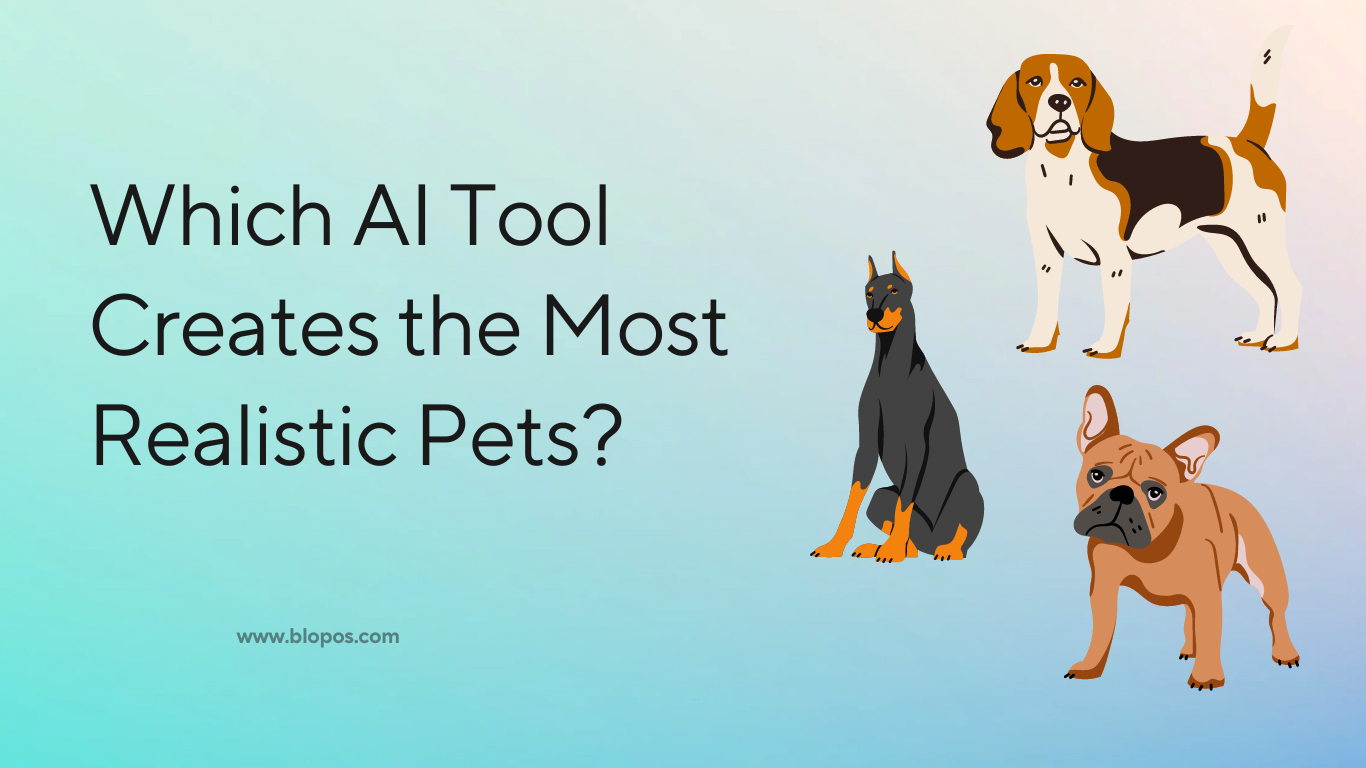This question, “Is AI Dangerous For Humans In the Future?” has sparked much debate in recent years as artificial intelligence continues to evolve and become an integral part of our daily lives. While AI offers remarkable benefits, such as enhancing productivity and solving complex problems, there are valid concerns about its potential dangers. Some fear AI could outpace human control, leading to unintended consequences like job displacement or privacy invasion. Moreover, the misuse of AI in areas like surveillance and warfare raises ethical dilemmas that we must address. It is crucial to find a balance between harnessing AI’s capabilities and ensuring it serves humanity positively. By staying informed and involved in discussions about AI, we can help shape a future where technology enhances our lives rather than threatens them. So, is AI dangerous for humans? The answer lies in how we choose to manage this powerful tool.
Is AI Dangerous For Humans?
Artificial Intelligence (AI) has become an integral part of our modern society, bringing numerous advantages that enhance our daily lives and improve various industries. While some may express concerns about AI being dangerous for humans, it is essential to understand that AI’s potential risks can be effectively managed through responsible human oversight. When AI is controlled and guided by humans, it becomes a powerful tool that fosters innovation, efficiency, and convenience. One of AI’s primary benefits is its ability to streamline repetitive and time-consuming tasks. In industries such as manufacturing, AI-powered robots can perform assembly line tasks with remarkable precision and speed. This increases productivity and reduces the likelihood of human error, ensuring that products meet high-quality standards.
Moreover, by automating mundane tasks, AI allows human workers to focus on more creative and complex problem-solving activities, leading to greater job satisfaction and personal growth. In healthcare, AI has proven invaluable. Advanced algorithms can analyze medical data, such as imaging scans and patient histories, with incredible accuracy. This helps doctors diagnose conditions more quickly and accurately, improving patient outcomes. For instance, AI systems can identify patterns in medical data that may not be immediately apparent to human doctors, allowing for earlier detection of diseases such as cancer. By assisting healthcare professionals, AI enhances their capabilities rather than replacing them, ultimately benefiting patients.
Furthermore, AI has significantly transformed the way we interact with technology in our daily lives. AI has made technology more intuitive and user-friendly, from virtual assistants like Siri and Alexa to recommendation systems on streaming platforms. These advancements enhance our convenience and provide personalized experiences catering to our preferences. As a result, AI enriches our lives by making information and entertainment more accessible. Education is another area where AI shines. With personalized learning platforms, students can receive tailored educational experiences that cater to their unique learning styles and paces. AI can analyze a student’s performance and adapt the curriculum accordingly, ensuring each learner receives the support they need to succeed. This individualized approach can improve educational outcomes and help bridge learning gaps, making education more equitable.
Despite these numerous benefits, addressing the concerns surrounding AI is crucial. Transparency, accountability, and ethical guidelines must govern the development and deployment of AI technologies. We can mitigate potential risks by establishing robust frameworks that ensure AI systems operate within defined boundaries. This means involving diverse stakeholders, including policymakers, industry experts, and the public, in conversations about AI’s impact on society. When prioritizing human control and oversight, we can harness AI’s full potential while minimizing its risks.
Ultimately, AI is not inherently dangerous to humans. Instead, it is a reflection of our choices and values. When controlled by humans, AI catalyzes progress, enhancing our capabilities and quality of life. By embracing AI responsibly, we can create a future where technology empowers us, helps us solve complex challenges, and paves the way for a brighter tomorrow. The key lies in our commitment to guiding AI’s development with care and foresight, ensuring it remains a force for good in our world.
How does AI help us in business?
AI is transforming the business landscape in numerous ways, providing companies with innovative tools and insights that enhance efficiency, decision-making, and customer satisfaction. Here are several key areas where AI is making a significant impact in business:
Improving Efficiency and Productivity
AI can automate repetitive tasks, freeing employees to focus on higher-value work. For example, chatbots can handle customer inquiries, while AI algorithms can manage data entry and inventory tracking. This automation leads to faster processes and reduces human error.
Data Analysis and Insights
AI excels at analyzing vast amounts of data quickly and accurately. Businesses can leverage AI to identify trends, forecast sales, and understand customer preferences. This data-driven decision-making enhances strategic planning and helps companies stay competitive in their markets.
Enhanced Customer Experience
AI enables personalized customer experiences through recommendations and targeted marketing. By analyzing customer behaviour, AI systems can suggest products that align with individual preferences, improving customer satisfaction and loyalty. For instance, e-commerce platforms use AI to recommend items based on past purchases.
Predictive Analytics
AI tools can analyze historical data to predict future outcomes, helping businesses make informed decisions. For instance, retailers can forecast inventory needs, while financial institutions can assess investment risks and opportunities. This predictive capability leads to more proactive and strategic decision-making.
Supply Chain Optimization
AI can streamline supply chain operations by predicting demand, optimizing inventory levels, and identifying potential disruptions. Machine learning algorithms can analyze market trends and historical data to enhance logistics and inventory management, ultimately reducing costs and improving service delivery.
Human Resource Management
AI can assist recruitment by screening resumes and identifying the best candidates based on predefined criteria. Additionally, AI-powered tools can analyze employee performance and engagement, enabling HR teams to make data-driven decisions regarding training and development.
Enhanced Marketing Strategies
AI tools can analyze customer data to develop targeted marketing campaigns. By segmenting audiences based on behaviour and preferences, businesses can create more effective advertising strategies that resonate with specific customer segments, leading to higher conversion rates.
Risk Management
AI can assess risks in real time, allowing businesses to respond swiftly to potential threats. In finance, for example, AI systems can detect fraudulent activities by analyzing transaction patterns and flagging anomalies. This proactive approach helps organizations mitigate risks before they escalate.
Product Development
AI can facilitate faster and more efficient product development processes by analyzing market trends and customer feedback. This enables companies to innovate and bring new products to market more quickly, ensuring they meet consumer demands.
Cost Reduction
AI can significantly reduce operational costs by automating processes, optimizing resource allocation, and enhancing decision-making. Businesses can achieve greater efficiency and profitability by minimizing waste and maximizing productivity.
AI is a powerful ally for businesses, providing them with tools and insights that drive growth, improve customer satisfaction, and enhance operational efficiency. AI’s role in business will likely expand as technology advances, creating new opportunities for innovation and success.
Conclusion
the evolution of artificial intelligence (AI) has brought significant advancements across various sectors, proving to be an invaluable asset to businesses and society. When managed responsibly and under human control, AI enhances efficiency, drives innovation, and improves customer experiences, demonstrating that it is not inherently dangerous for humans. Rather, it offers many benefits, from automating repetitive tasks to providing deep insights through data analysis. While concerns about potential risks are valid, the focus should be on developing ethical guidelines and frameworks that ensure AI serves as a force for good. By embracing AI thoughtfully and collaboratively, we can unlock its full potential, shaping a future where technology empowers humanity, addresses complex challenges, and ultimately leads to a more prosperous and equitable world. Through careful oversight and responsible management, we can confidently assert that AI is a powerful ally in our pursuit of progress, safety, and well-being.



